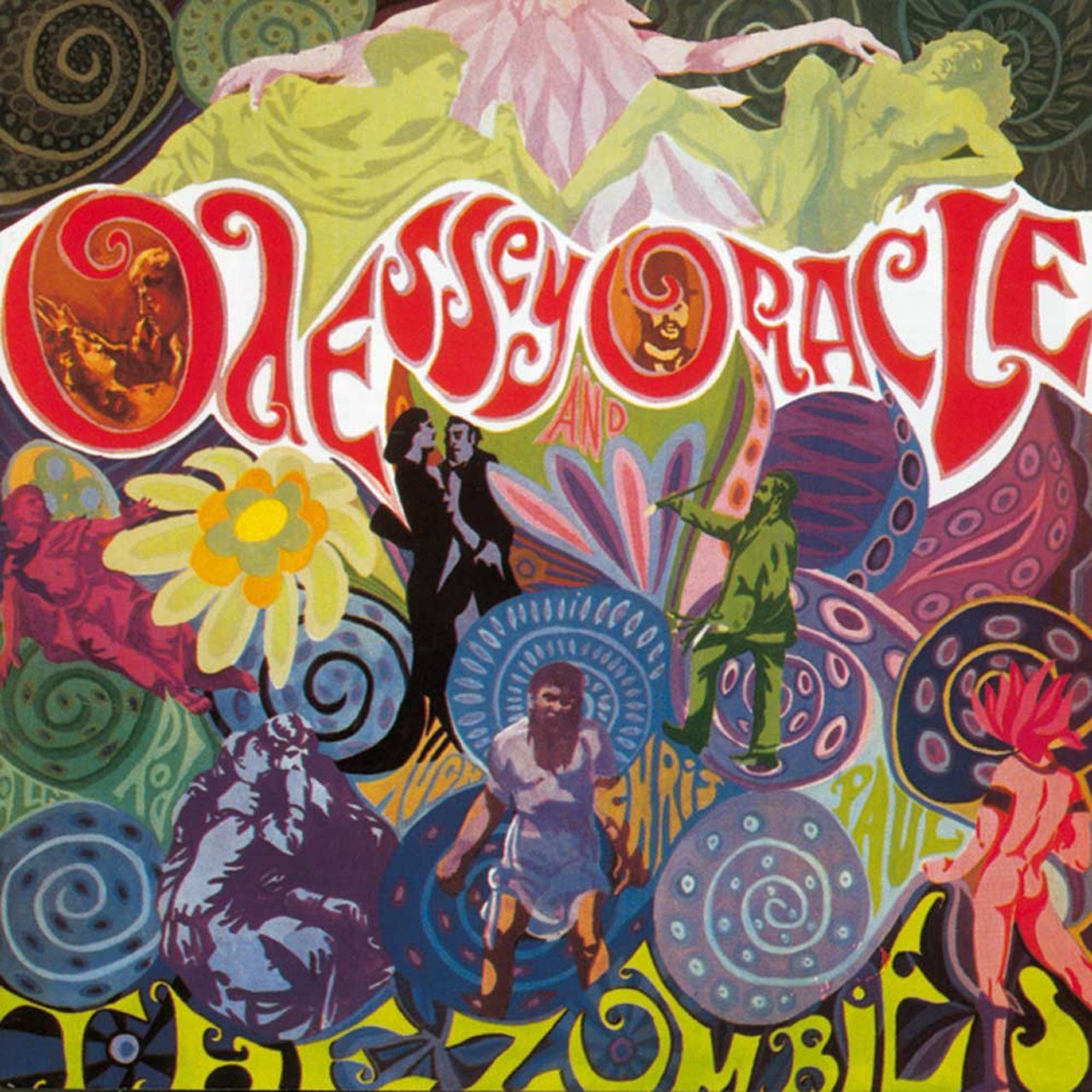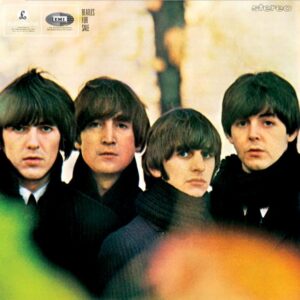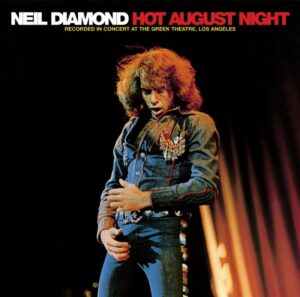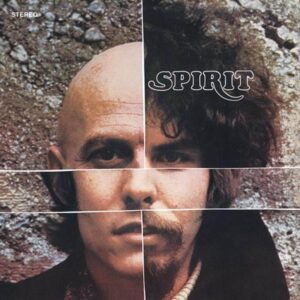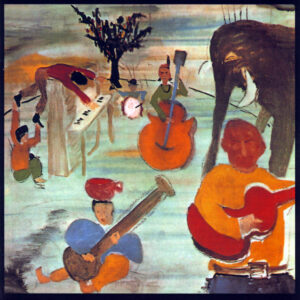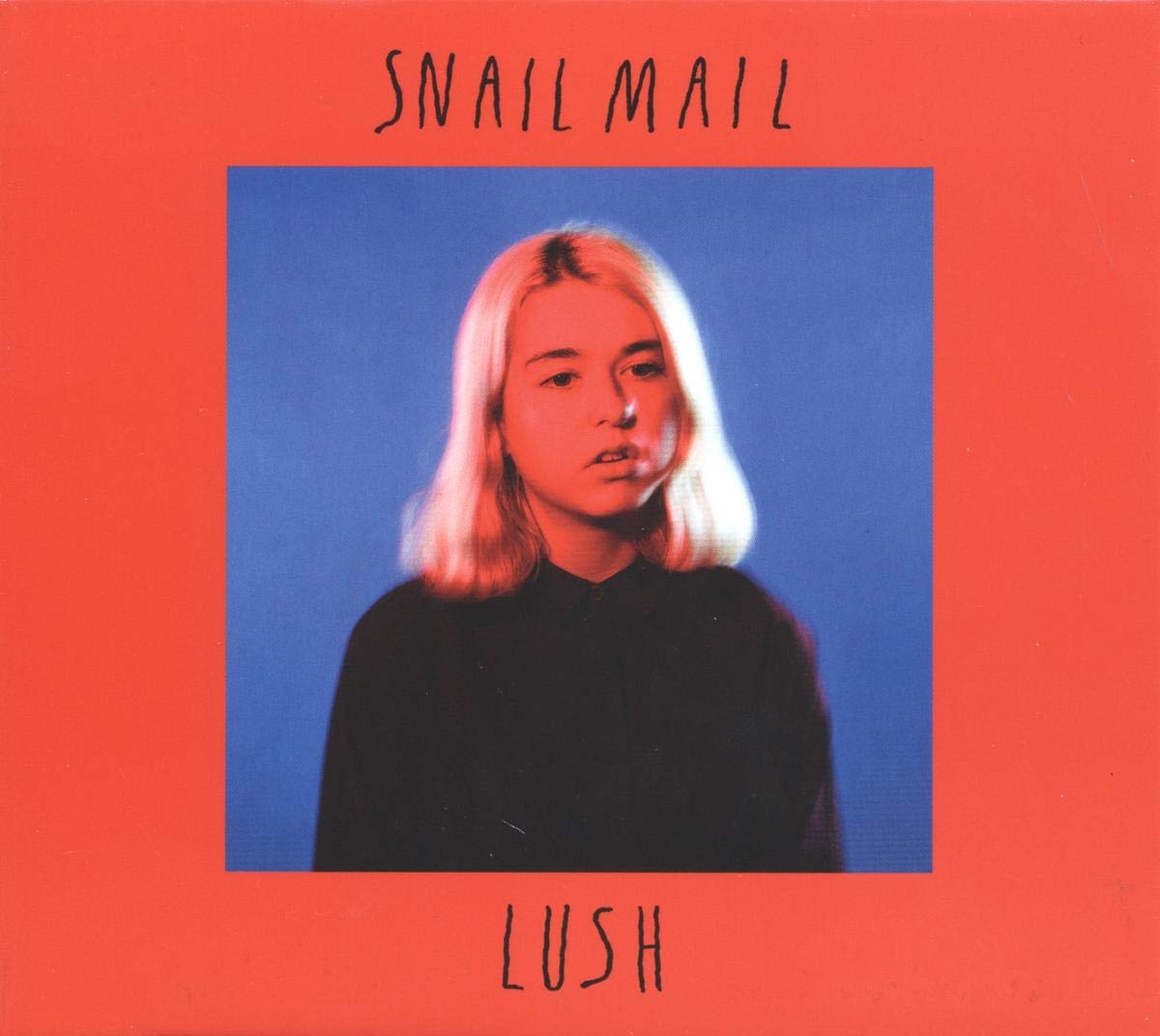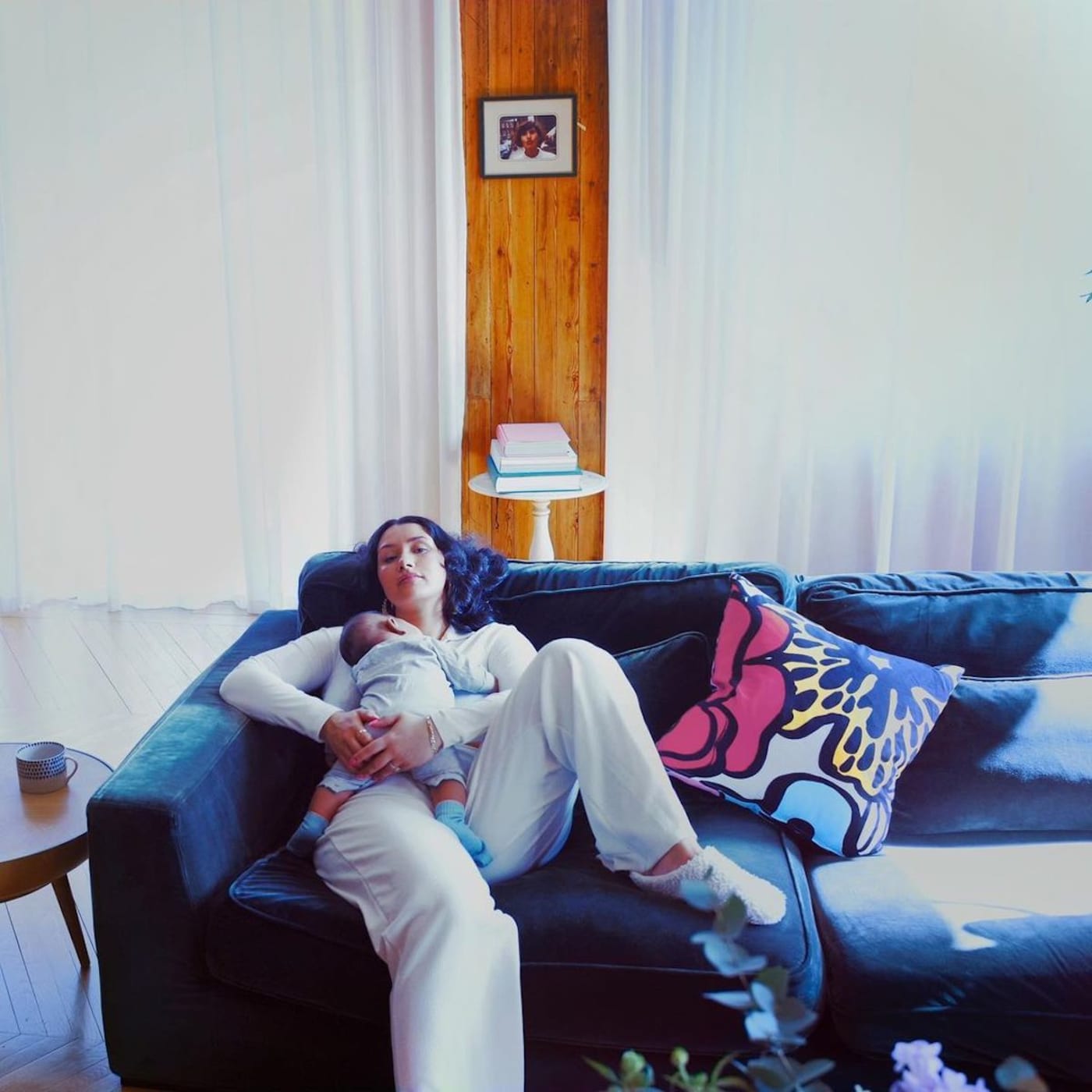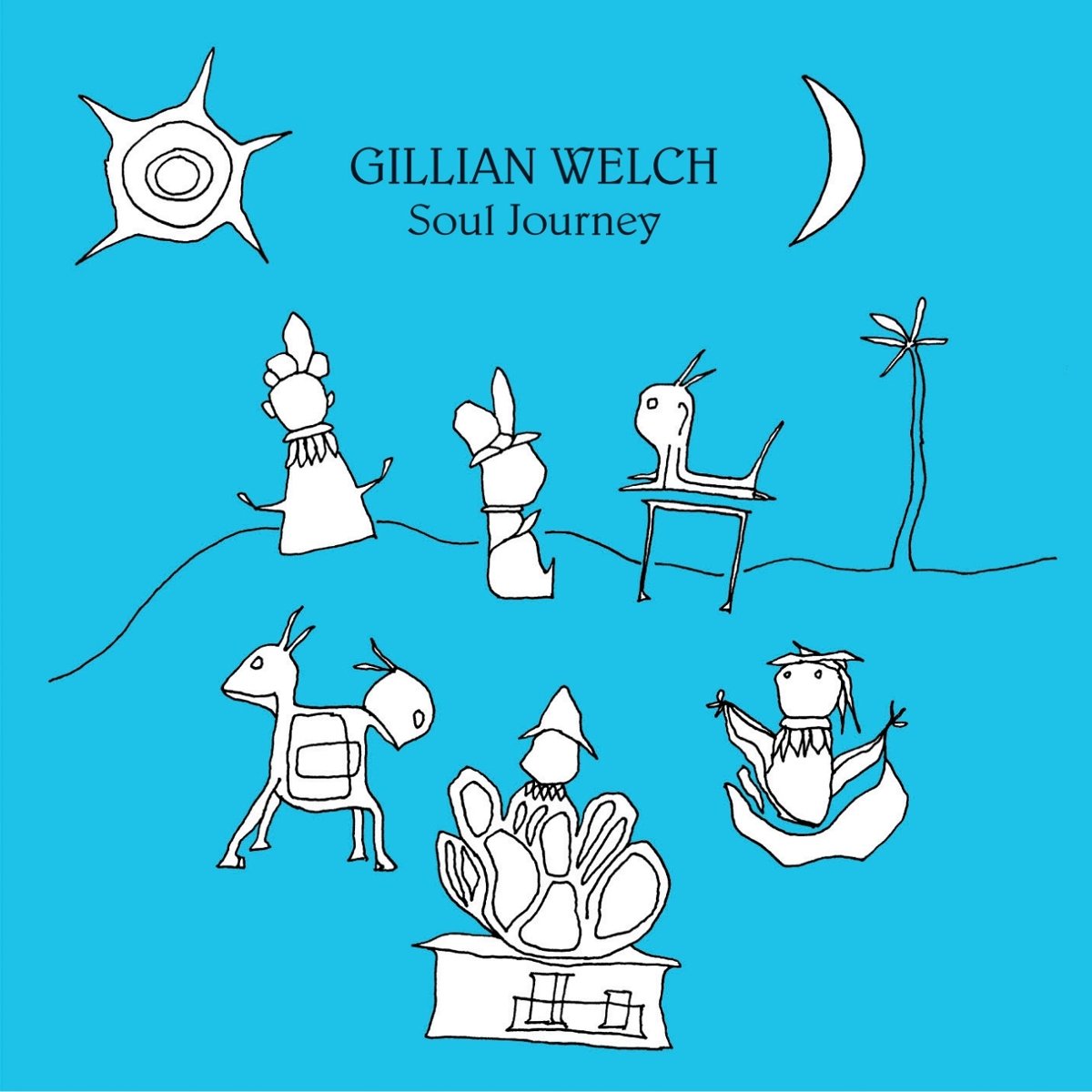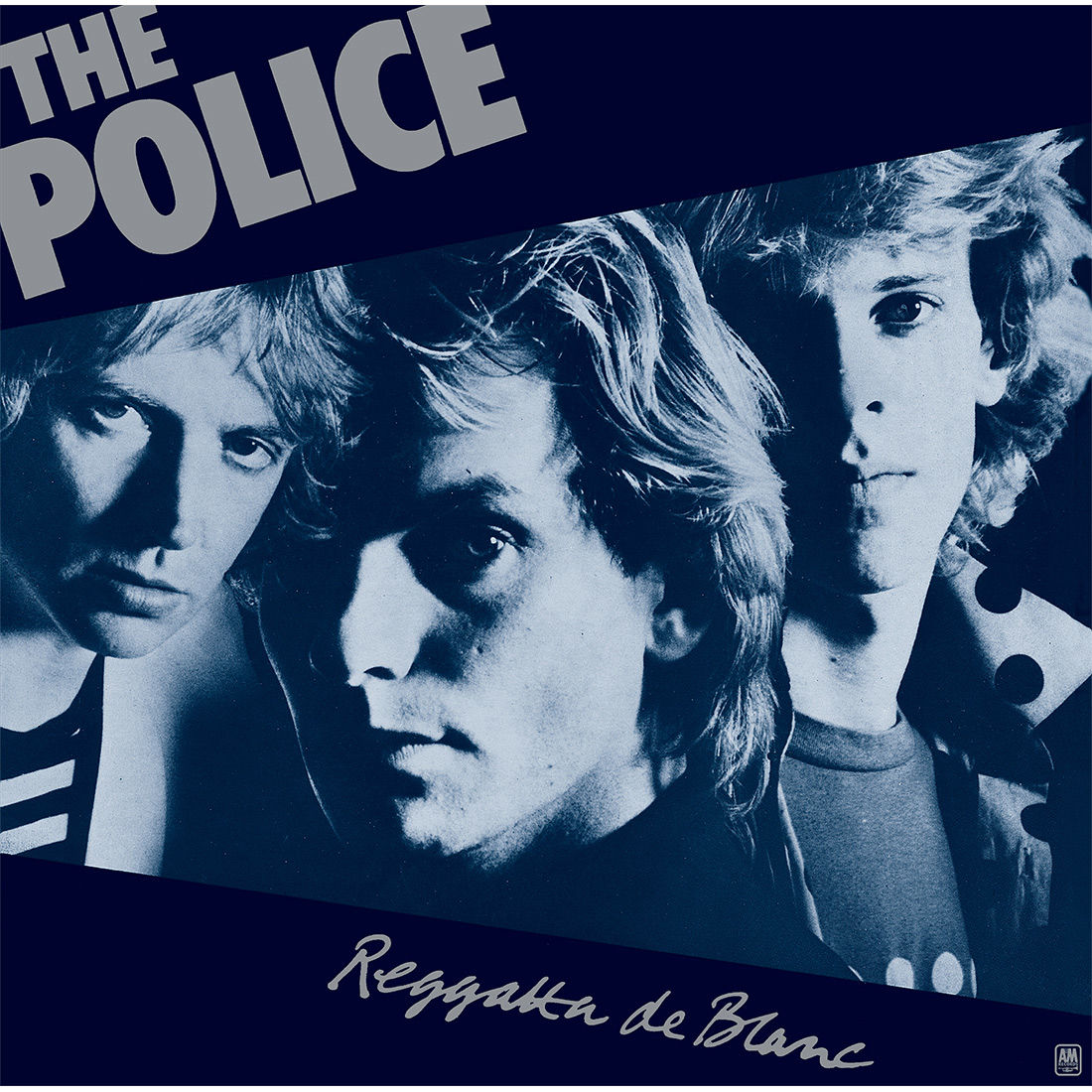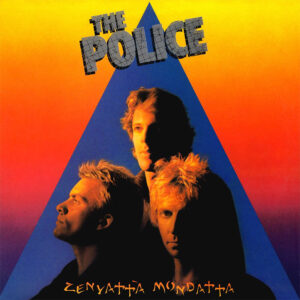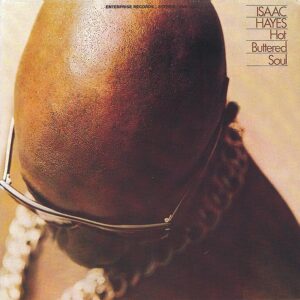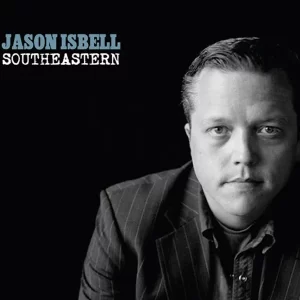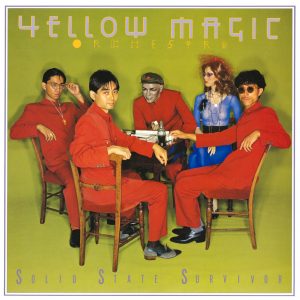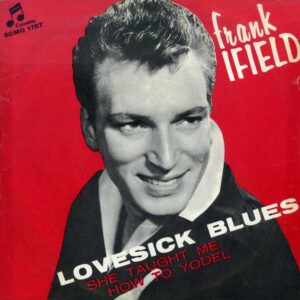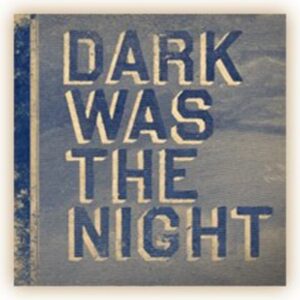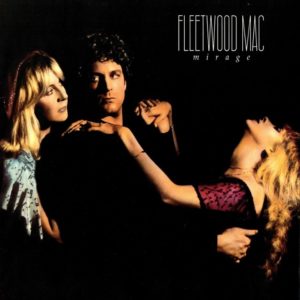
The Zombies get lost in the shuffle of British invasion bands, but they’re one of the most accomplished bands to emerge from the scene despite a small catalogue. Their 1960s catalogue’s relatively scanty, and they’re mostly remembered for the album Odessey and Oracle and the singles ‘She’s Not There’ and ‘Time of the Season’. But even those two singles showcase a band with sophisticated songwriting, a jazz-influenced keyboard virtuoso in Rod Argent, and a distinctive, sweet-voiced vocalist in Colin Blunstone. The group also featured two gifted songwriters – Argent wrote ‘She’s Not There’ and ‘Time of the Season’, but bassist Chris White wrote more than half of Odessey and Oracle.
Introduction
The Zombies formed in 1961 in St. Albans, northwest of London, when Argent, guitarist Paul Atkinson, and drummer Hugh Grundy started jamming together. The band members were all still at school when Blunstone joined in 1962, while White joined before their first single in 1964. The group recorded ‘She’s Not There’ after winning a competition sponsored by the Evening News – surprisingly, it was their only top 40 hit in the UK. It charted better in the US, reaching #2, while follow-up ‘Tell Her No’ reached #6.
The group’s first album, 1965’s Begin Here, was a mix of covers and originals that didn’t fully reflect the group’s potential. The Zombies released a stream of singles but didn’t release a second album until 1968’s Odessey and Oracle. The Zombies started work on a third album, but it was cancelled. ‘Time of the Season’, from Odessey and Oracle, belatedly crept to #3 on the US charts but The Zombies broke up in 1969. Argent formed the band Argent, while Blunstone briefly attempted a career in insurance.
The band reformed briefly in the 1990s with Blunstone, Argent, and Grundy, and released New World in 1991. Argent and Blunstone have played together regularly in the 21st century, releasing three further albums as The Zombies. The group’s catalogue is frustrating – while Odessey and Oracle has deservedly been recognised as a classic, they only made two records in their 1960s prime. There is enough material from singles released between 1965 and 1967 to constitute another album, while R.I.P., intended for release in 1969, belatedly appeared in 2000.
The Zombies Album Reviews
The Zombies (EP)
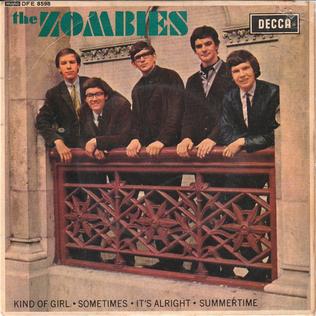
1964
The Zombies’ first release features three Argent originals along with a cover of Gershwin’s ‘Summertime’. Only ‘Summertime’ ended up on their debut record. None of the originals are major Zombies songs, but they’re solid efforts that would have shored up the debut. ‘It’s Alright With Me’ features some of Atkinson’s most prominent guitar work with a snappy solo. ‘Sometimes’ shows Blunstone’s ability to switch gears between sweet and abrasive. All three Argent songs are included as bonus tracks on Begin Here, but the album would have been stronger if they’d been included in the main tracklisting.
Begin Here
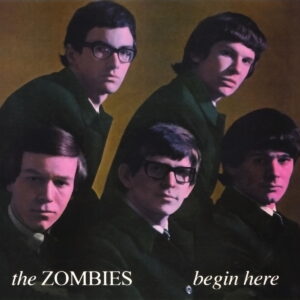
1965, 7/10
It was common for rock groups in the early 1960s to pad out their records with covers. But by 1965, the year that The Beatles released Rubber Soul and The Beach Boys released Pet Sounds, the notion that The Zombies needed 50% covers on their debut is anachronistic. The most memorable songs are from the band’s own pen. As was often the case during the era, the US release of the album varies considerably – it was titled The Zombies and sports a different tracklist.
The most notable song is the group’s first hit, ‘She’s Not There’. It still holds mystique, generations later, with Argent’s jazz-inflected electric piano and Blunstone’s sweet yet eerie voice. Argent also contributes ‘The Way I Feel Inside’ – it was never released as a single, but it’s taken on a life of its own, featured in the movies The Life Aquatic and Sing. White’s material is also strong, particularly the frenetic ‘What More Can I Do?’ but also the tunefulness of ‘I Can’t Make Up My Mind’. In comparison the covers are naff – Blunstone’s sweet voice works for ‘Summertime’, but R&B songs like ‘I Got My Mojo Working’ and ‘Roadrunner’ don’t emphasise The Zombies’ strengths.
The Zombies could easily have made a very good album of originals by this point. If you replace most of the covers with the 1964 singles ‘Tell Her No’ and ‘Leave Me Be, as well as Argent’s songs from the 1964 The Zombies EP, there’s an impressive debut and the group would have been taken more seriously moving forward.
Singles A’s and B’s
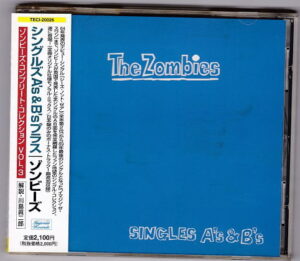
2000, 8/10
There are a bunch of different Zombies singles collections floating around. The one that I own on CD is a Japanese release from 2000 with 29 tracks spanning from 1964 to 1969. The Zombies went three years between 1965’s Begin Here and 1968’s Odessey and Oracle without releasing a studio album, an eternity in that era. They did constantly record a stream of singles though, firstly unsuccessful (the lovely ‘Whenever You’re Ready’ didn’t chart in the UK, and reached #110 in the US) and then not even released. If you remove the tracks that are doubled up from Begin Here, Odessey and Oracle, and R.I.P. it effectively plays like a lost Zombies album from the mid-1960s. It’s also a showcase of their growing sophistication, leading up to their 1968 masterpiece.
Early singles like ‘Tell Her No’ and ‘Leave Me Be’ should have been included on Begin Here, but they give a picture of The Zombies’ origins as a beat group. The Zombies move towards sophisticated pop with the harmonies of ‘Whenever You’re Ready’ and the staccato organ attack of ‘Indication’, and it’s easy to imagine these forming the core of a second Zombies album. While their covers are often superfluous, Blunstone’s vocal fits well in their cover of Little Antony and the Imperials’ ‘Going Out of My Head’. The handful of post-Odessey material from 1969 is very strong too – ‘I’ll Call You Mine’ and ‘Imagine The Swan’ are among the group’s best.
It’s bizarre that The Zombies didn’t record an album in 1965 and 1966, but a singles collection is a pretty good proxy.
Odessey and Oracle
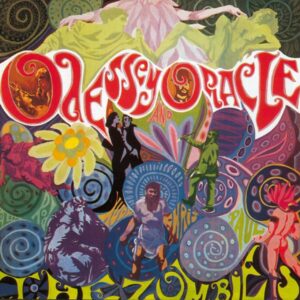
1968, 10/10
Originally known for their British invasion hits ‘She’s Not There’ and ‘Tell Her No’, The Zombies also recorded as what’s now recognised as one of the finest albums of the 1960s while in their death throes. Odessey and Oracle is a landmark and absolutely essential for any sixties pop fan. The songs are sweet in tone, yet there’s still tension like the bittersweet welcome home to a lover released from prison in ‘Care of Cell 44’ and the romantic resignation of ‘Maybe After He’s Gone’. While White’s bass is prominent and guitarist Paul Atkinson also contributes some memorable lines, it’s the acoustic piano and mellotron of Argent that are the main musical feature, while the harmonised vocals of Rod Blunstone, White and Argent are also beautiful and ornate. The Zombies only had access to the mellotron
Of the twelve songs, it’s the two longer and more experimental tracks that are most difficult. The main stumbling block is Chris White’s ‘Butcher’s Tale’; its dour delivery and obvious thematic agenda are almost enough to throw an otherwise perfect album off course, even if it’s hardly lacking in musical ideas in itself. The other song that doesn’t quite fit is ‘Changes’, also by White; it’s full of beautiful harmonies and mellotrons, but it’s also overlong and repetitive. Once adjusted to these two difficult tracks, the rest of the album provides a practically flawless display of pop music, melodic, beautifully arranged and gloriously sung. Blunstone’s warm vocals enliven the quietly devastating psychedelic vision of ‘Hung Up On A Dream’ and the loneliness of ‘A Rose For Emily’, while ‘This Will Be Our Year’ and ‘Friends of Mine’ bubble with unstoppable exuberance. The best-known song is ‘Time of the Season’, which eventually became a hit in the US and introduced the phrase “Who’s Your Daddy?”.
Despite their short tenure, The Zombies were among the finest groups of the 1960s, and Odessey and Oracle is their key statement.
R.I.P.
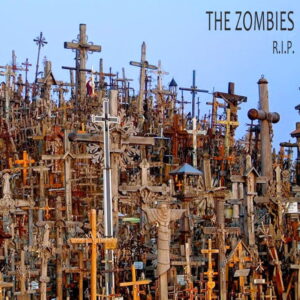
1969/2014, 8/10
The Zombies split up in December 1967, after the demand for live performances dried up – Blunstone, with no income from royalties, was forced to find a regular job. When ‘Time of the Season’ began to find an audience, The Zombies were asked to produce a new album. Argent and White were working on a new project, and were happy for the publicity – they planned the album as a mix of new material, with Argent on lead vocals, and reworkings of earlier demos. The album wasn’t released as the singles ‘Imagine the Swan’ and ‘If It Don’t Work Out’ faded into obscurity. The tracks eventually trickled out on the 1997 box-set Zombie Heaven and were released as originally sequenced as a stand-alone CD in 2000. I’ve chosen, however, to review the soniclovenoize reconstruction, found at http://albumsthatneverwere.blogspot.com/2014/07/the-zombies-rip.html
My reconstruction of R.I.P. had two main goals:
1) To resequence the songs and use some alternate mixes so that the vast time difference between recording dates is less-apparent, making the Argent-led songs and the refurbished classic Zombies songs intermingle, in turn making a more cohesive album.
2) Less Rod Argent and MORE Colin Bluestone! After all, he was the voice of The Zombies. To do this we are able to use recordings from Blunstone’s first solo album One Year (produced by fellow Zombies Argent & White), replacing Argent’s vocals with Blunstone’s. Just as well, we will drop the two weakest Argent-led songs for others, making the album more Zombie-like and less Argent-like.
This 12 track version of R.I.P. works as a follow-up to the sophisticated orchestral pop of Odessey and Oracle. The pretty, pastoral pop of ‘Smokey Day’ features a vocal taken from a Blunstone solo record, and ‘To Julia (Whenever She Smiles)’ is a strong track that wasn’t in the original. It’s clearly not as strong as Odessey, although individual tracks like ‘Imagine the Swan’ are up to its high standards.
If you’re looking for more records like Odessey and Oracle, there’s plenty to like on this reworking of R.I.P..
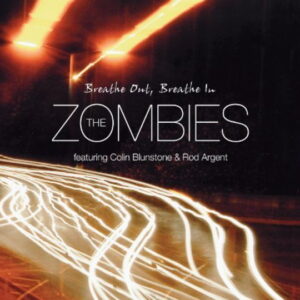
New World
As Far as I Can See…
Breathe Out, Breathe In
Still Got That Hunger
The Zombies, with Argent and Blunstone in the lineup, have released four further albums between 1990 and 2015. I’ve barely heard them discussed, and I assume they’re mostly suitable for hardcore fans.
10 Best Zombies Songs
Return to 1960s Album Reviews
Related Pages
Review Pages
Read about the discographies of musical acts from the 1960s to the present day. Browse this site's review archives or enjoy these random selections:
Blog Posts
I add new blog posts to this website every week. Browse the archives or enjoy these random selections:
